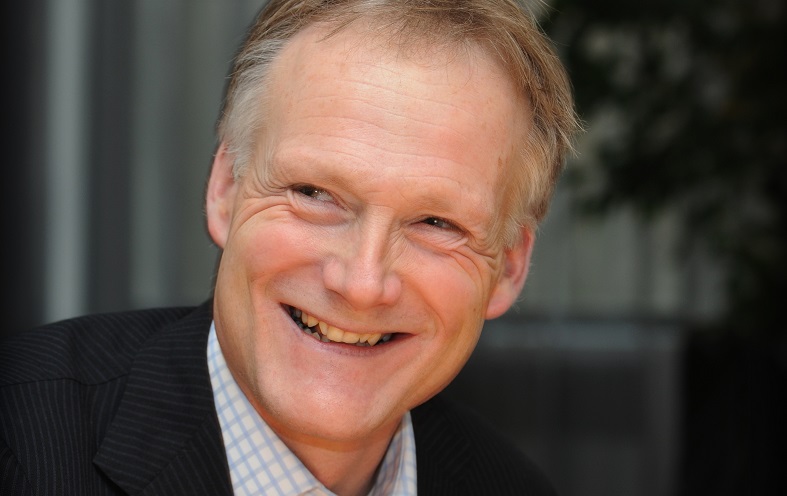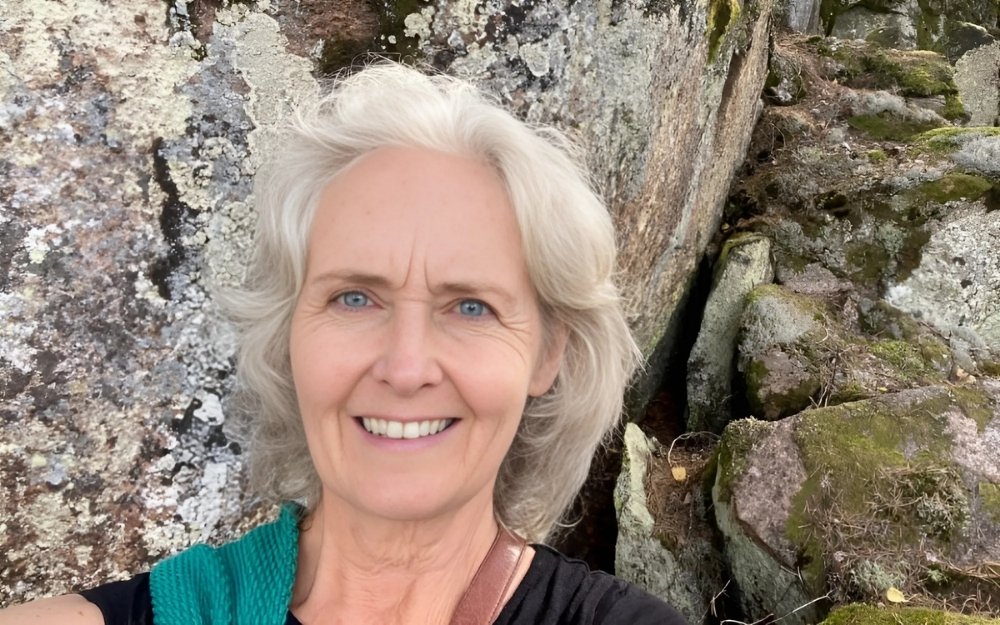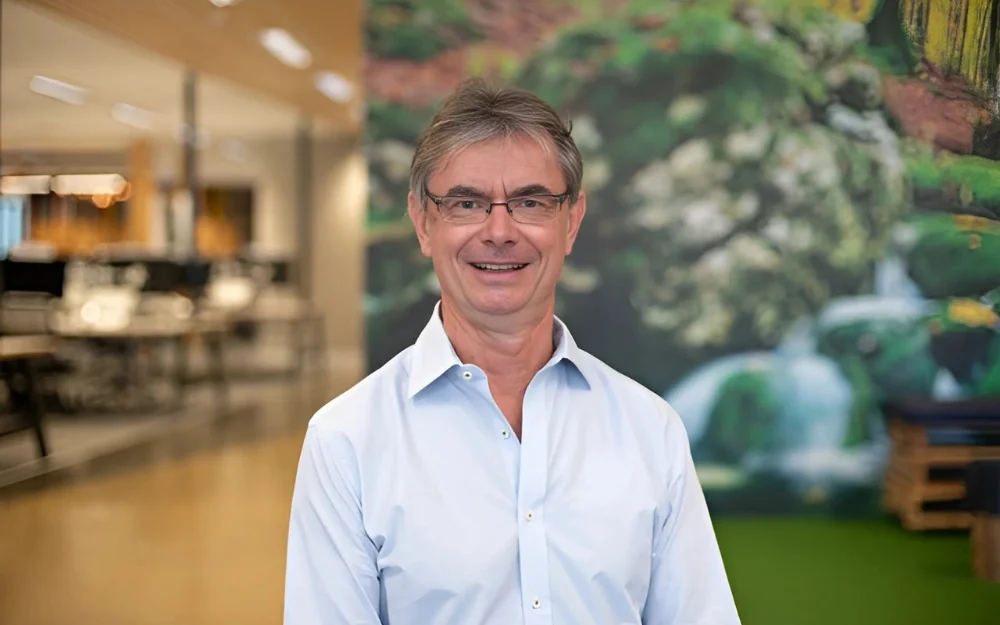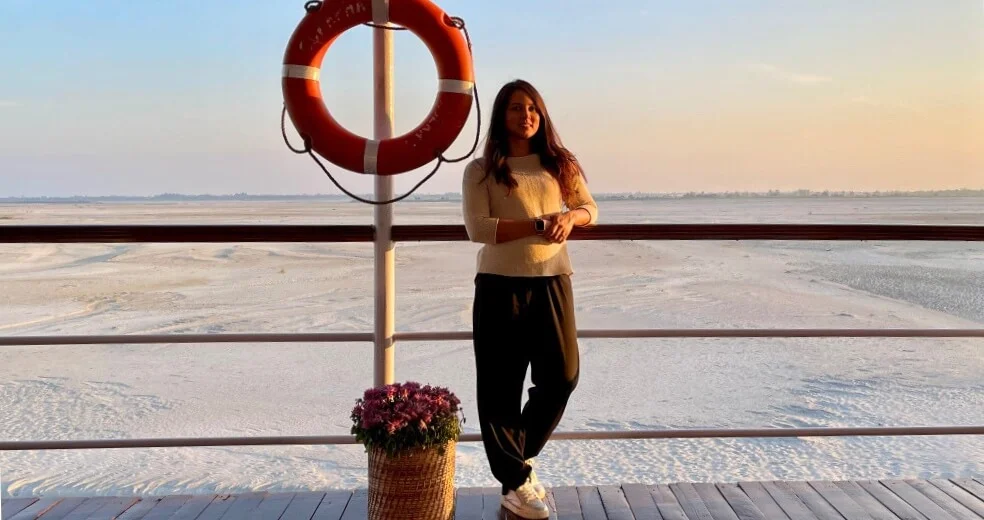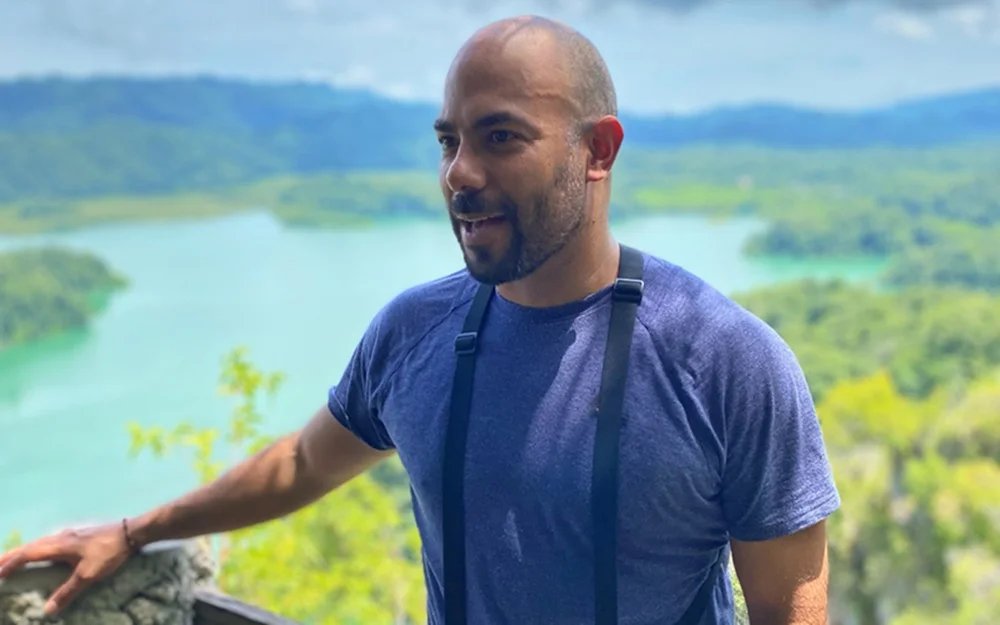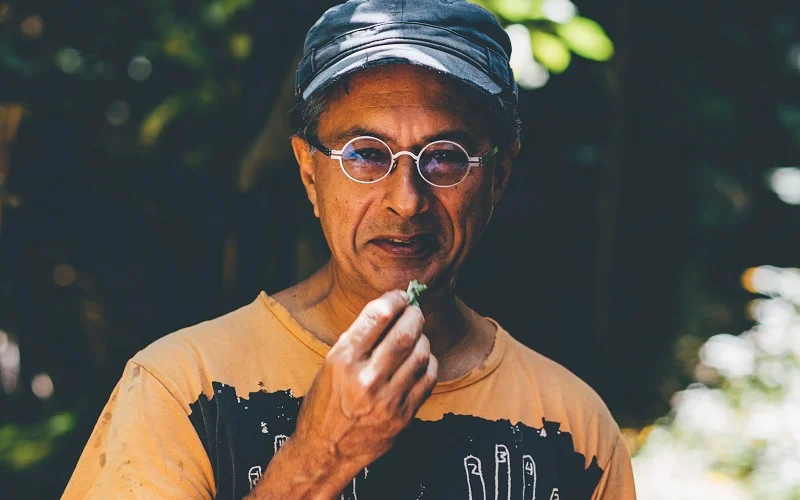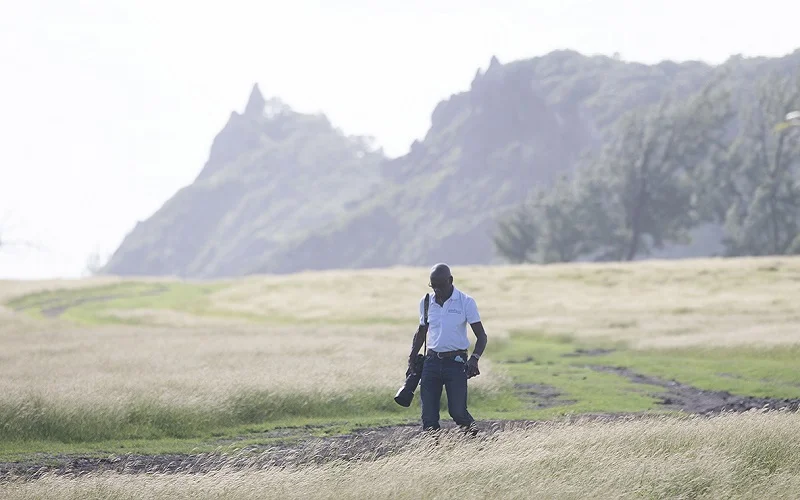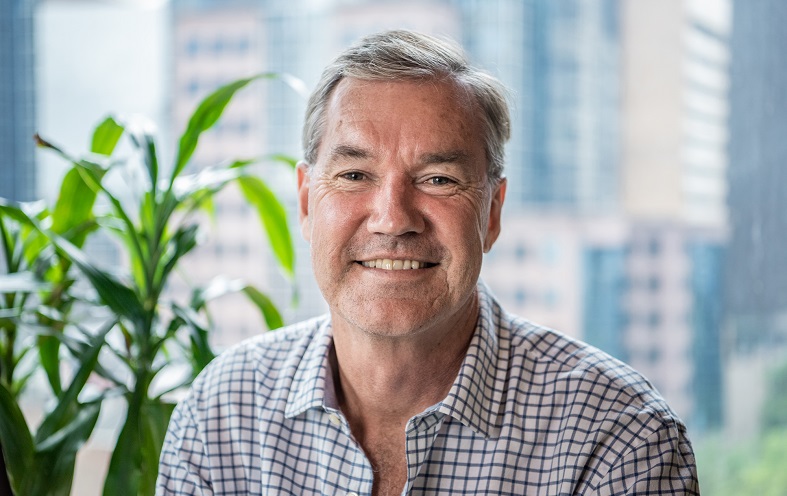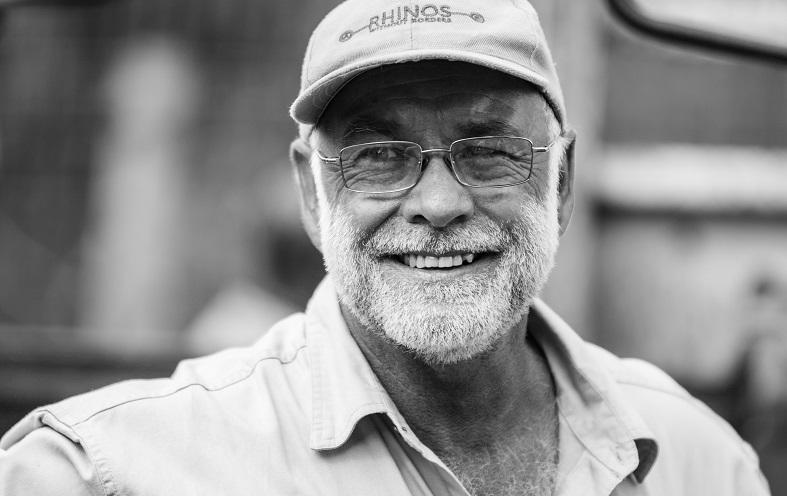Frank Oostdam, director and president of the Dutch Association of Travel Agents and Tour Operators (ANVR), in this interview discusses trends in the travel business, sustainability challenges such as overtourism, and award-winning carbon emissions measurement tool Carmacal.
The interview is part of a special series with winners and finalists of the annual WTTC Tourism for Tomorrow award.
Learn about:
- What brought Frank Oostdam to working in the travel sector;
- How sustainability is becoming a key factor for future competitiveness of travel companies;
- Award-winning Carmacal carbon measurement tool;
- Why “overtourism” is becoming not just a sustainability concern but also a reputation issue for tourism, and what the travel industry can do about it.
Frank, throughout your career you have been involved in a range of industries outside of tourism. What brought you to the travel sector – what triggered your interest?
I always found it inspiring to, every once in a while, break out of the comfort zone and change to a new sector. You learn a lot (also about yourself) by changing the scenery every few years. One thing that always strikes me is that, although products or services obviously differ, the dynamics in each sector are more or less the same.
However, this pattern has changed a bit when I started to work in the travel industry. The travel sector really is a different and unique sector because of this special layer, this unique and remarkable dimension in the things we do.
Naturally, we are involved in optimising our products and services and the customer experience in the travel industry. But what makes it extra special and unique (looking at the “Why” of our sector) is that deep down inside I believe that travel and travelling contribute to a better world. I can’t prove this, but strongly believe it, and this is a driver for me.
Travelling leads to self-reflection, new insights, new ideas, respect for other destinations, other people and other cultures. I always quote Mark Twain here: “travel is fatal to prejudice, bigotry and narrow-mindedness”. I couldn’t agree more.
So that certainly was a trigger to start working in the travel sector. Besides this, tourism is a very dynamic and fast-changing sector, which I find fascinating and like to be involved in.
As president of the Dutch Association of Travel Agents and Tour Operators, you have been at the forefront of changes in the industry, witnessing the rise of sustainability as a key factor for tourism success. Did you anticipate sustainability becoming such a top priority when you first took office? Was there any specific moment or occasion that made you realize how important sustainability “think” would become for travel and tourism?
I really think that, as president and director of ANVR, the Dutch travel association, I’ve got the nicest job in our country – especially because it gives me an umbrella view of what is happening in our industry. I can then digest all the information and impressions, analyse it and try to sort out a strategy and vision of where we as an association and each travel professional individually can make a difference. I get a lot of energy from doing this.
I think one of the main tasks of an organisation like ours is to demonstrate that our members and the travel sector, in general, are an innovative and future-oriented industry, that we care about destinations, about the people living at the destinations, and the footprints we leave at the places we visit.
I strongly believe that we as travel sector will disqualify ourselves in the eyes of the consumer (especially the Millennials) if we don’t accept our responsibility when it comes to being as sustainable as possible.
So, it really is an important task for our association to drive discussions and to raise awareness about sustainability by putting it on the agenda, creating a sense of urgency. Most importantly, we have to “walk the talk” and start to act. To be honest, this is not an easy task in a sector as hands-on and focused on operations as travel and tourism.
I firmly believe that in a few years sustainability will become a key factor for the travel and tourism business.
Can you tell us a bit about Carmacal – what is it and how did it come into existence?
I personally think that one of the main challenges of an association like ours is to not only be involved in policymaking and having our lobbying capacity in perfect shape but to really do something. We Dutch “travel” people are very practical, and as ANVR have an excellent track record in offering a platform for cooperation for entrepreneurs, so they can work together on a common idea or project. Fostering such cooperation is by itself a challenge in this very competitive travel industry. Carmacal is a very good example of what is possible when collaboration works out, and I consider it one of our crown jewels.
Carmacal is a very simple tool. It unites some important and very extensive databases, through which users of the tool (not only travel companies but also hotels, cities, DMOs, etc.) can get a detailed insight into the CO2 footprint of a total holiday: not only transport (flights, for example) but also including accommodations and excursions.
This tool was initially the idea of Professor Paul Peeters at NHTV, the University of Applied Sciences in Breda, whose research focuses on the airline industry and greenhouse gas emissions. ANVR realised that Carmacal was a very good idea and together with Professor Peeters we reached out to tour operators and organised some funds to get started. The rest is history.
Obviously, it took a lot of time and discussions with lots and lots of stakeholders to get to the stage we are now. But for me, this was one of the most inspiring things to be part of in my travel career so far. I found it rewarding and very inspiring to experience that it is possible to work together with competing companies, having the same vision and getting to this result.
Receiving the UNWTO Award for Innovation in Research and Technology at the beginning of 2017 was the cherry on the cake. What a way to start the year!
With sustainability now a key change agent transforming “business as usual” in tourism, would you say Carmacal was the “next logical step” for a travel market leader such as the Netherlands?
I really believe that sustainability is a key driver of change. As is the consumer, by the way.
In the coming years, we will see a shift from “mindless” to mindful consuming. Consumers – especially the younger generations – will want to engage with companies that match their own beliefs and values, especially social values. They will seek out companies that engage, offer integrity, full transparency and a purpose.
Consumers want to connect with companies which are clear about their own norms and values.
At the moment, the state of the art companies in our sector excel in customer experience. The next step, and in my opinion the recipe for future success in the coming years, will be companies that enable consumers to really connect with them, to get “morally engaged”.
Being open about what you do in the field of sustainability and making clear that you as a company are fully committed to it is a very important aspect of this vision.
Carmacal is an essential part of this sustainability journey since as a travel company you need to know where you stand, in terms of environmental impact. Measuring your CO2 footprint is essential to get a clear idea about your starting position.
Carmacal makes life easier for every travel company which is serious about contributing to a more sustainable tourism.
How important are carbon footprint measurement tools for the competitiveness and reputation of tour operators and travel products? Is there, for instance, demand from institutional/business buyers, or regulatory pressure to measure and mitigate travel-related GHG emissions?
In my view, carbon footprint measurement is not yet as important as it should be – and as it will be. In Holland, for instance, consumers are not really asking for such data. It would really help if consumers would start to demand some transparency regarding the environmental performance of tour operators.
I believe this will change in the future. If we look at the business travel sector, we can already see a very positive trend. Business customers already ask for more transparency regarding the sustainability efforts of business travel companies.
If you want to do business with governments at national, but also regional level, as travel company you will not be taken into consideration if you cannot demonstrate your commitment to tourism sustainability.
And I’m convinced that, looking at the reputation of a travel company in the coming years, it will be essential to fully engage with sustainability. You really will be disqualified if you are too passive.
From your perspective, which are the main challenges right now in terms of making the travel industry more sustainable, faster?
I’m really proud of what we as an association in a country as small as the Netherlands have achieved during the last years, of which winning the UNWTO award was the real highlight. But to be honest, I don’t think we go fast enough as the Dutch travel sector. And I understand why:
- we had a big financial and economic crisis during the past years;
- the travel industry is an industry with very low margins;
- the sector is so dynamic that sustainability is not always on top of mind.
So, the big challenge for us, and the travel industry as a whole, is to demonstrate to travel entrepreneurs the business case of sustainability, showing them that a sustainable company is healthier, better prepared for the future, and can perform better financially.
In our campaigns right now we focus on corporate social responsibility, on moral issues and on doing what it takes to be able to offer all those nice destinations also to future generations. But it certainly would help if we could motivate entrepreneurs with very solid business cases, that they could earn money by taking action.
With “overtourism” and “tourism fatigue” on the rise in many European city destinations, which solutions do you propose to maintain goodwill and legitimacy of tourism?
This is one of the main challenges. I’m really worried about overtourism and the changing and worsening reputation of tourism. In my country, we had some very bad headlines in the newspaper about the negative effects of tourism.
Sometimes I think that in the tourism industry we are too modest. We should start to think big and to really “live” the notion that we are a great industry. And I’m very positive about the role the UNWTO plays in this respect. We are a great, innovative and future-oriented industry and we should claim that more than we do now.
This means that, regarding the overtourism topic, we should more intensively also stress the positive effects of tourism, at the same time as we take responsibility and start to act to avoid overtourism scenarios. So, actively getting involved in the discussions with national governments, coming up with possible solutions that would suit all stakeholders.
My experience is that a lot of the tension that the so-called overtourism is causing is not only generated by increasing tourism. Obviously, tourism is part of the problem. But most of the time there are also other causes. Nevertheless, it is certainly something everybody in the travel sector should be aware of and should get involved in being part of the solution and not only of the problem.
How has your 2016 WTTC Tourism for Tomorrow award for Innovation affected you personally, and ANVR?
It has certainly affected the ANVR and myself also. For the ANVR it was a fantastic highlight of our jubilee year (50 years). It created a lot of positive exposure in national media for the travel sector and the ANVR. So, it was a once in a lifetime experience for the association, and also for me, having been part of it. Such recognitions are very inspiring and stimulating. They encourage you to come up with new ideas and projects, which will improve our offer to our customers.
Thank you, Frank.
Connect with Frank Oostdam via LinkedIn or Twitter.
Enjoyed our interview with Frank Oostdam on travel trends, carbon emissions measurement, overtourism and tourism sustainability in the Netherlands? Spread the word!

